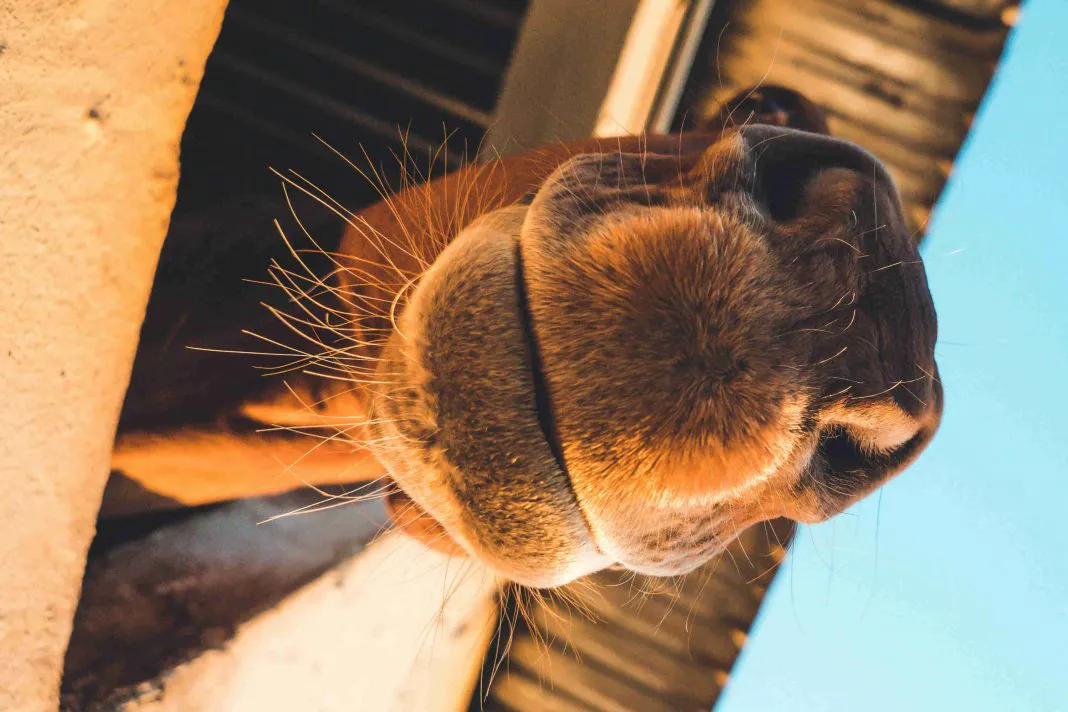Menu

Perhaps you read our list of the most common healthy and unhealthy treats based on their sugar and calorie content. We advised you to keep white bread, cake, candy, and especially chocolate far away from a horse's mouth. We will now continue the list of what horses cannot tolerate - and it's not just about what's unhealthy for them, but also what's downright poisonous.
Meat is not something that a herbivore should eat. It's not because horses don't like it, but because of their digestion. A horse's stomach and intestines are not made to process meat - just as many carnivores are not built to digest plants.
Read also: Spring grass and sugar
Milk products are also not good for horse stomachs because horses are lactose intolerant. It can cause them severe diarrhea and stomach pain if they are given ice cream, milk, yogurt, cheese, or similar.
Cauliflower, broccoli, and other cabbage are known to cause a lot of gas in humans, and the same goes for horses. If you want to be kind to your horse and its digestive system, you should definitely not give it anything resembling cabbage.
As mentioned, chocolate is toxic because it contains theobromine, which comes from the cocoa bean. In fact, it is even more toxic to horses than it is to dogs. Additionally, a horse can be disqualified for doping if it has ingested even a small amount of theobromine before a competition.
Caffeine, found in coffee, tea, and energy drinks, can affect a horse's heart rate, which can be dangerous, especially for older horses.
Onions, including garlic, can be given in limited quantities, but if the dose is too high, it can cause anemia, which is a low blood count. It is a condition where there is too little hemoglobin in the blood, which hinders oxygen supply to muscles and organs. The substance N-propyl disulfide is the cause of this and is found in most onion types. If you want to give your horse a garlic supplement, it is important to buy a supplement product made for horses.
Raw potatoes can, in addition to potentially getting stuck in a horse's airway, be very toxic to horses, especially if they are green or rotten. This is due to the alkaloid solanine, which can cause colic, seizures, and difficulty breathing.
Tomatoes are related to the plant black nightshade, which is highly toxic to horses - and therefore, so are tomatoes. They contain the alkaloid atropine, which can cause severe colic.
Fruit stones and seeds contain cyanide compounds that can be very toxic in large quantities. Apple seeds also contain these compounds, but you would have to give your horse an unusually large quantity of apples for it to be poisoned. However, large stones such as those found in nectarines and plums should not come anywhere near a horse's mouth. The content of cyanide compounds in fruit stones can be so high that the horse can go into shock - not to mention that it can get stuck in the throat, and the digestive system cannot digest it, resulting in severe colic.